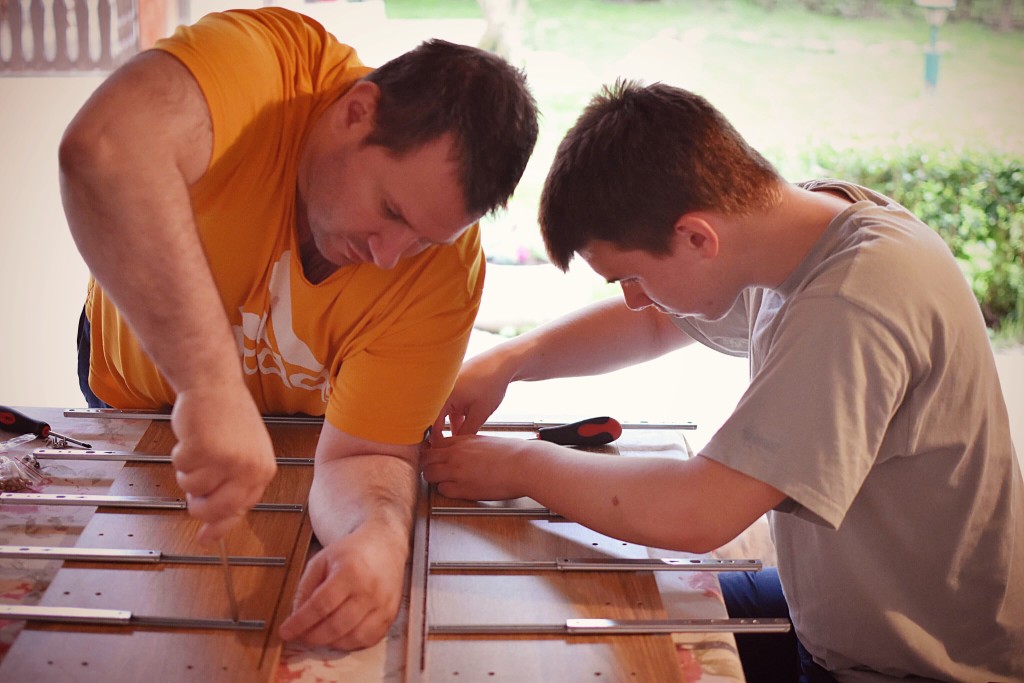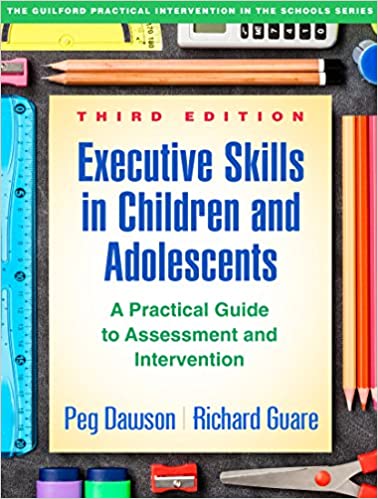
Teens’ focus is interrupted, on average, every 90 seconds. Something as simple as an audible notification can draw focus away from a task. In schools, multiple distractions across the classroom create an almost impossible task of staying on topic and focused
These distractions aren’t only frustrating for educators, research shows they reduce cognitive efficiency. School psychologist Rebecca Branstetter offered 10 tips and hacks to help boost teen’s executive function skills and manage screen time.
1. See tech as a tool
Adults can help to empower kids to see tech as a tool by encouraging them to find an app or tech tool that will address a specific challenge they are facing. If a teen is dealing with anxiety, for example, they can test out a few meditation apps and report back to the adult.
2. Coach through task initiation
Task initiation is one of the big executive function skills that are interrupted by technology and cell phone use, according to Branstetter. Adults might assume that stopping a previous task is an obvious precursor to initiating a new task, but kids and teens might need more explicit instruction to develop that sequencing habit.
3. Probe for the feelings behind phone distractions
Impulse control is another executive function skill that teens are developing. If a student is having trouble refraining from looking at their phone when initiating a new task, it can help to encourage quick mindful reflection.
4. Try the scrunchie trick or airplane mode
Putting a scrunchie over the front camera prevents smartphone facial recognition from effortlessly unlocking a phone. If the scrunchie method doesn’t work, Branstetter suggested teaching teens to use airplane mode during a time when phone distractions are unwelcome.
5. Take advantage of A.I.
There are also some useful A.I. tools for teens who might struggle with task breakdown and completion. Branstetter recommended Goblin Tools, which takes a prompt like “I have to write a five-page paper on Mesopotamia,” and creates a checklist with the steps that a student might need to do to complete the assignment.
6. Use a focus timer
The Pomodoro technique, which uses 25-minute bursts of focused time with breaks in between, has been a useful tool for the teens that Branstetter works with. She also recommended Forest, which can be downloaded as a smartphone app or used as a Chrome extension.
7. Create a tech contract
Tech agreements or contracts, allow teachers or parents to collaborate with young people on expectations for technology. One aspect of a tech agreement can be determining where the technology “hot spots” and “cold spots” are in the classroom or home. By predetermining where technology is expected to be used or not to be used, students have a better chance at applying their learned executive functioning and anticipatory thinking skills.
8. Keep a technology diary
Another exercise that parents and teachers might find useful when it comes to making teens aware of their own habits, is to have them create a log of their daily activities. By having kids take the time to reflect on their own data and see how much time is spent during their day doing certain activities, the unbalanced moments become very apparent, said Branstetter.
9. Encourage future thinking
Future planning is also a learned executive function skill. “Because motivation is the ability to see a positive emotion of the future … we need to help kids do a future sketch,” said Branstetter. Helping students visualize what it might look like and feel like in the future to complete a task will help them with anticipatory thinking.
10. Reinforce positive behaviors
Branstetter has also seen success in positive reinforcement from adults when it’s specific and sincere. She said praise is best paired with corrective feedback in a 5:1 ratio. But with teenagers, praise is not often received as well if it’s made publicly, so try to offer both praise and corrective feedback in quieter, more private settings.
Excerpted from “10 Hacks to Boost Teens’ Executive Function Skills and Manage Screen Time” from KQUED’s MindShift. Read the full article online.
Source: MindShift | 10 Hacks to Boost Teens’ Executive Function Skills and Manage Screen Time, https://www.kqed.org/mindshift/63441/10-hacks-to-boost-teens-executive-function-skills-and-manage-screen-time | Copyright © 2024 KQED Inc.







